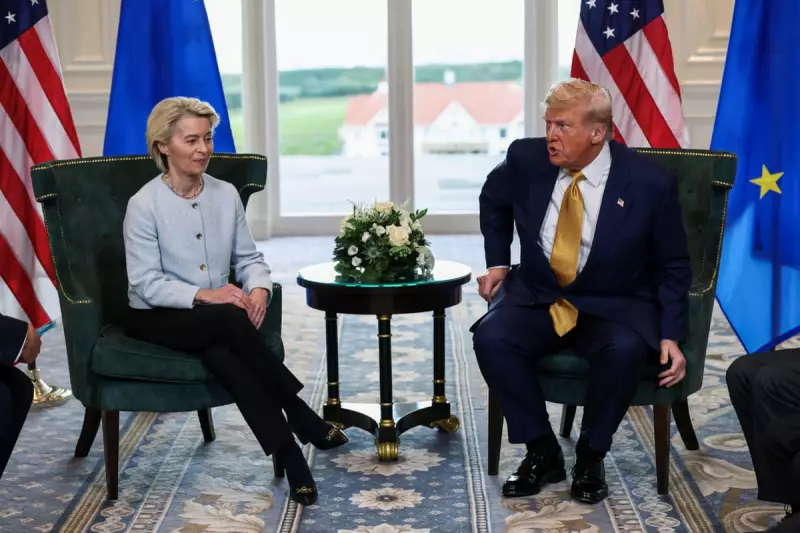
Former US President Donald Trump has reignited his trademark hardline stance on trade, launching a fresh wave of tariff negotiations that could dramatically alter the landscape of international commerce. Political analysts and economists are divided on whether this marks the beginning of more favourable global deals or a return to the economic turbulence of his previous administration.
The Return of Trump's Trade Tactics
Sources close to the negotiations reveal that Trump's team is pursuing what they describe as "reciprocal trade agreements" with several key economic partners. This approach, which characterised his first term, involves threatening substantial tariffs unless concessions are made in bilateral trade terms.
Potential Global Impact
Economic experts warn that this strategy could:
- Disrupt established supply chains
- Trigger retaliatory measures from trading partners
- Potentially increase consumer prices globally
However, some trade specialists argue that this aggressive posture might force long-needed reforms in international trade practices.
Mixed Reactions from World Leaders
The international community has responded cautiously to these developments. While some nations appear open to renegotiating terms, others have vowed to resist what they see as economic bullying tactics.
"This isn't just about trade balances," noted one European diplomat speaking on condition of anonymity. "It's about whether the global economic order can withstand this kind of pressure."
What This Means for Businesses
Multinational corporations are bracing for potential upheaval:
- Manufacturers may need to reconsider their supply chains
- Export-driven industries could face new barriers
- Financial markets may experience increased volatility
The coming weeks will be crucial as these negotiations develop, with potentially far-reaching consequences for the global economy.





